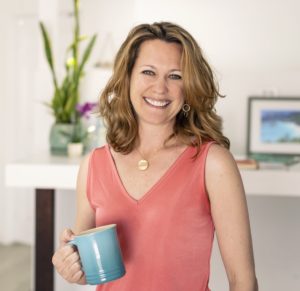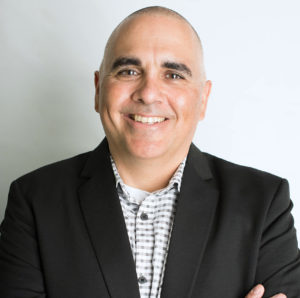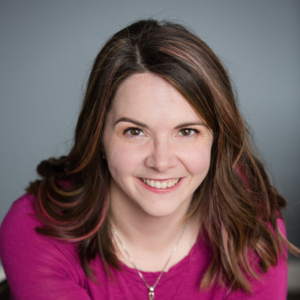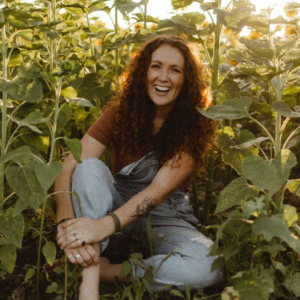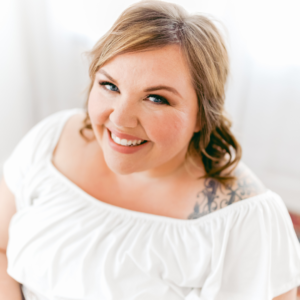I'm so excited to introduce you to this week's guest on Pep Talks for Side Hustlers, Paul Klein of Bizable TV!
Paul Klein is a business consultant and entrepreneur. From his days as a 1980s hair band guitarist and lifelong entrepreneur to starting and scaling a successful SAAS company to consulting for some of the biggest brands including Target, Neiman Marcus, Starbucks, Holiday Inn, and other global brands, Paul helps Consultants, Freelancers, and Solopreneur’s price their services, stop undercharging in order to build 7 figure businesses.
Paul is the host of the BizableTV podcast (formerly the Pricing Is Positioning Podcast) and Co-Founder Producer for BizableTV. BizableTV is a Netflix-style streaming service for entrepreneurs launching in January 2022 and will be accessible on over 1000 devices including iOS devices, Android devices, Macs, PCs, streaming media boxes such as Roku, Apple TV, Android TV, and FireTV.
And guess what? My story is being featured on Bizable TV! Whaaaaat? Yep, you read that right. You can get access to my first episode for free and get a juicy discount on a subscription here.
Push play to listen to this week's episode, or read the full transcript below!
Connect with Paul:
- Paul's Website
- BizableTV
- YouTube
- Listeners of Pep Talks for Side Hustlers can get FREE Insiders Access to some of BizableTV's early films, insider-only updates, and special offers HERE
- Get Shannon's First Episode Free!

